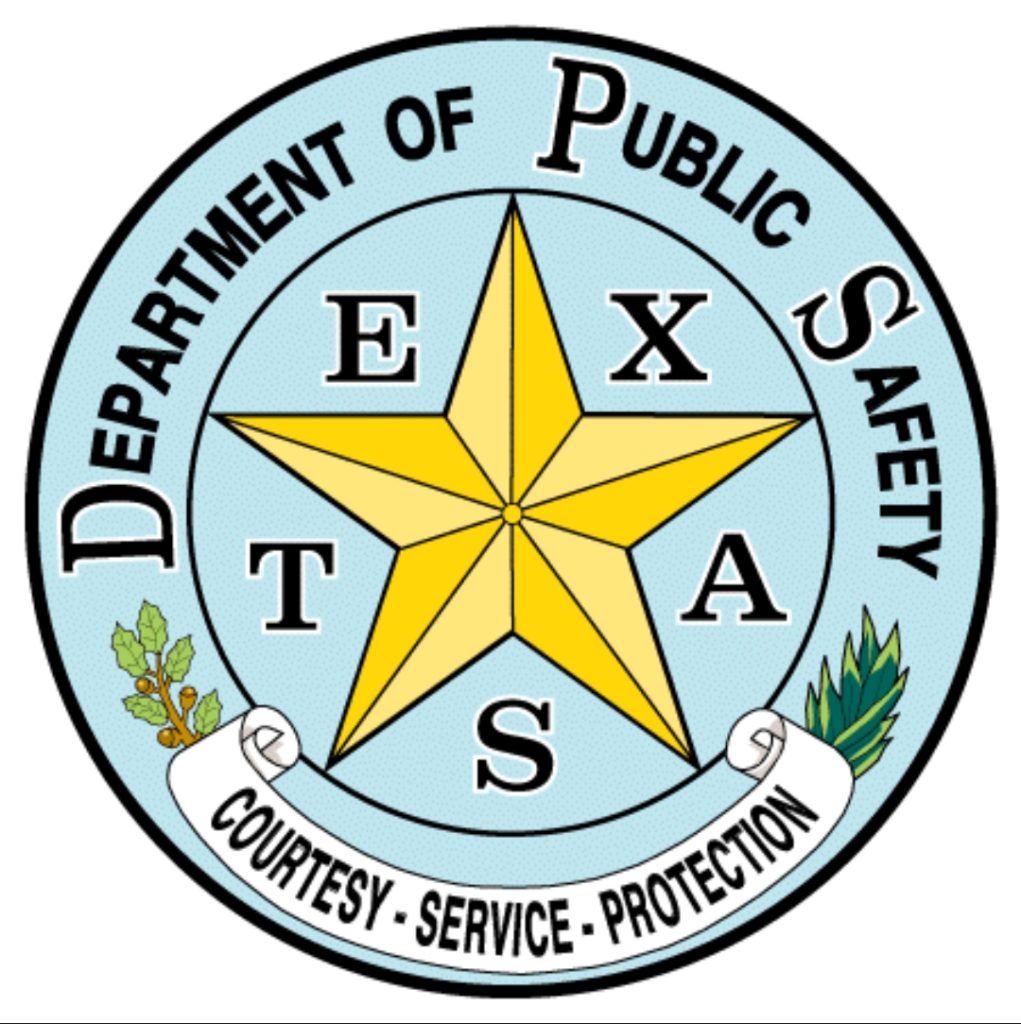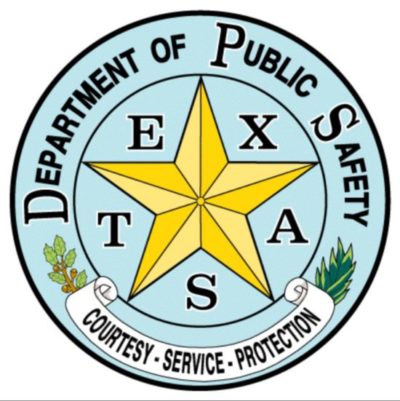
DPS Ramping Up Move Over/Slow Down Enforcement
AUSTIN – The Texas Department of Public Safety (DPS) is beginning enforcement efforts across the state focusing specifically on violations of the state’s Move Over/Slow Down law. These periodic enforcement operations by DPS Troopers are planned throughout the year at various locations in Texas, with several operations planned in February.
The law, originally passed in 2003, requires motorists to move over or slow down when certain vehicles – including police, fire, EMS, Texas Department of Transportation vehicles and tow trucks – are stopped on the side of the road with emergency lights activated.
“Our Highway Patrol Troopers and other officers risk their lives every day for the people of Texas, and their safety is particularly vulnerable while working on the side of the road, where the slightest mistake by a passing motorist can end in tragedy,” said DPS Director Steven McCraw. “While our officers are serving and protecting Texans, we’re asking drivers to do their part by adhering to the law – simply move over or slow down.”
Specifically, Texas law states that a driver must either:
- Vacate the lane closest to the applicable vehicles stopped on the side of the road (if the road has multiple lanes traveling in the same direction), or
- Slow down 20 mph below the speed limit. (If the speed limit is below 25 mph, the driver must slow down to 5 mph.)
Drivers should only move over if they can do so safely and legally; otherwise, they should slow down.
“In light of the numerous vehicle crashes that occur in Texas and across the nation on a daily basis, and the unfortunate fact the many still violate the state law that has been in effect for nearly 15 years, we are increasing our enforcement and education efforts related to this law,” said Director McCraw. “In addition to complying with the law to protect those who work on the side of the road, we encourage motorists to show the same courtesy to fellow drivers stopped along our roadways. Let’s all get home safely.”
Violations of the law can result in a fine of up to $200; the fine increases to $500 if there is property damage. If violators cause bodily injury, they can be charged with a Class B misdemeanor, resulting in possible jail time and a maximum fine of $2,000.
Preliminary data from 2017 shows that DPS issued more than 10,650 warnings and citations to motorists violating the Move Over/Slow Down law.




0 Comments